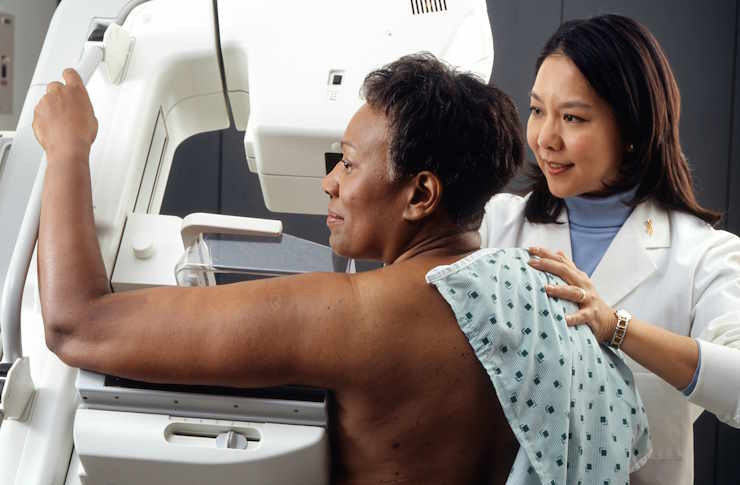Understanding Colon Cancer: Risks, Symptoms, and Prevention
Colon cancer, also known as colorectal cancer, is a type of cancer that begins in the large intestine or rectum. It is a significant health concern globally, being one of the leading causes of cancer-related deaths. Understanding colon cancer is crucial because early detection and treatment significantly improve survival rates.

Colon cancer represents a significant health challenge that requires comprehensive understanding and proactive management. The disease originates in the colon or rectum and can develop over several years, often beginning as small, benign clumps of cells called polyps that may eventually become cancerous.
What Is Colon Cancer and How Does It Develop
Colon cancer occurs when cells in the large intestine grow uncontrollably, forming tumours that can spread to other parts of the body. The condition typically develops gradually, starting with precancerous polyps that may transform into malignant tumours over time. Regular screening can detect these changes early, significantly improving treatment outcomes and survival rates.
Recognising Early Signs and Symptoms
Many individuals wonder how they knew they had colon cancer, as symptoms can be subtle initially. Common warning signs include persistent changes in bowel habits, blood in stool, abdominal discomfort, unexplained weight loss, and chronic fatigue. Rectal bleeding, narrow stools, and a feeling of incomplete bowel evacuation are also important indicators that warrant medical attention.
Understanding Risk Factors and Prevention
Several factors increase colon cancer risk, including age over 50, family history, inflammatory bowel diseases, and lifestyle factors such as poor diet and sedentary behaviour. Prevention strategies focus on maintaining a healthy diet rich in fruits and vegetables, regular exercise, limiting red meat consumption, avoiding tobacco and excessive alcohol, and participating in recommended screening programmes.
Available Treatment Options and Approaches
Colon cancer treatment varies depending on the stage and location of the tumour. Early-stage cancers may require surgical removal of the affected tissue, while more advanced cases might need combination therapies. Treatment approaches include surgery, chemotherapy, radiation therapy, targeted drug therapy, and immunotherapy. The specific treatment plan depends on individual circumstances and cancer characteristics.
Managing Advanced Stage Disease
Stage 4 colon cancer represents the most advanced form of the disease, where cancer has spread to distant organs or tissues. Treatment for advanced cases focuses on controlling symptoms, slowing disease progression, and maintaining quality of life. While challenging, various treatment combinations can help manage the condition effectively, and ongoing research continues to develop new therapeutic options.
Treatment Costs and Healthcare Considerations
Colon cancer treatment costs in the UK vary significantly depending on the stage of disease, treatment complexity, and duration of care. NHS provides comprehensive cancer care, though private treatment options are available for those seeking additional services or shorter waiting times.
| Treatment Type | NHS Coverage | Private Cost Range | Duration |
|---|---|---|---|
| Initial Surgery | Fully Covered | £15,000-£25,000 | 1-3 weeks |
| Chemotherapy Course | Fully Covered | £8,000-£15,000 | 3-6 months |
| Radiation Therapy | Fully Covered | £5,000-£10,000 | 4-8 weeks |
| Follow-up Care | Fully Covered | £2,000-£5,000 annually | Ongoing |
Prices, rates, or cost estimates mentioned in this article are based on the latest available information but may change over time. Independent research is advised before making financial decisions.
Early detection through regular screening remains the most effective strategy for improving colon cancer outcomes. The NHS offers screening programmes for eligible individuals, and maintaining awareness of symptoms and risk factors enables prompt medical consultation when concerns arise. With advances in treatment options and supportive care, many people with colon cancer can achieve positive outcomes and maintain good quality of life throughout their treatment journey.




